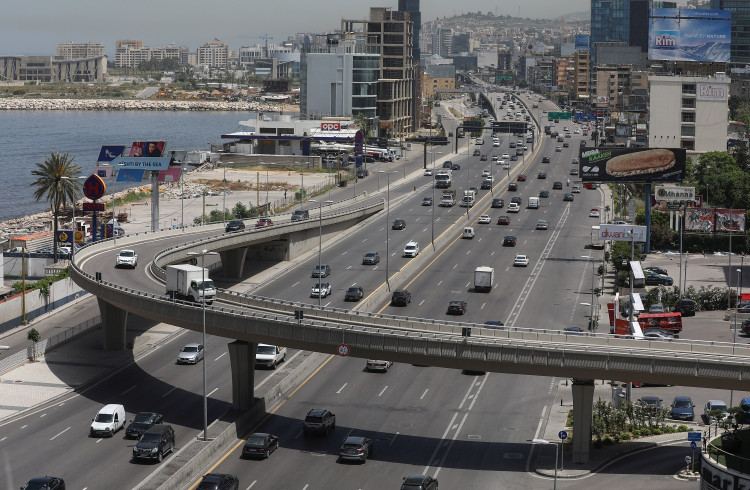Hydrogen fuel-cell vehicles face many challenges to mass adoption, but a new report claims that hydrogen fuel could be about the same price as gasoline by 2025.
According to a report by the California Energy Commission, the state planning to develop renewable hydrogen production plants could result in cheaper costs because of great demand. In the end, the commission is positive that demand and its eventual cost could be worth today's investments.
Five years from now, a kilogram of hydrogen could be sold for $6-$8.50 and would "meet an interim target based on fuel economy-adjusted price parity with gasoline." While that's pretty much more expensive than a quarter gallon of gas, your vehicle will go much further. The estimated price, according to the commission, is before any subsidies for low-carbon fuels in California, which would make the price even more affordable.
It's worth noting that the study looked at cost parity based on vehicle efficiency, meaning there's no way of knowing if automakers would even offer affordable cars that use hydrogen fuel by 2025. But if we're going to judge by where carmakers stand today on the technology, it's safe to assume that won't be the case. Automakers often equate cost parity for EVs and the internal-combustion engine via battery cost, not efficiency. Currently, hydrogen fuel-cell cars face many roadblocks and we don't even know how to start solving them.
Several automakers already have some thoughts on the matter, like in Volkswagen's case, which argued that not only are the vehicles less efficient than alternatives, but the process of generating hydrogen is even more challenging.
Toyota, meanwhile, has a more positive outlook. It launched last week a new joint-venture partnership in China to create a "hydrogen-based society," based on the widespread use of fuel-cell cars. Hyundai echoes the move as well, aiming to take hydrogen fuel cells beyond cars.
In the future, it is entirely possible for fuel cells to complement battery use in vehicles. For now, the hurdles have to be solved first, though.
But Hyundai and Toyota could be right in their positive outlook, as fuel cells definitely have a future beyond passenger cars.
Suppose hydrogen won't be used in vehicles, the commission believes it could be used in other sectors. If not for passenger cars, hydrogen fuel-cell can be used in larger vehicles, like buses or trucks. It could be used as a power source as well and it could shape other industrial processes.






